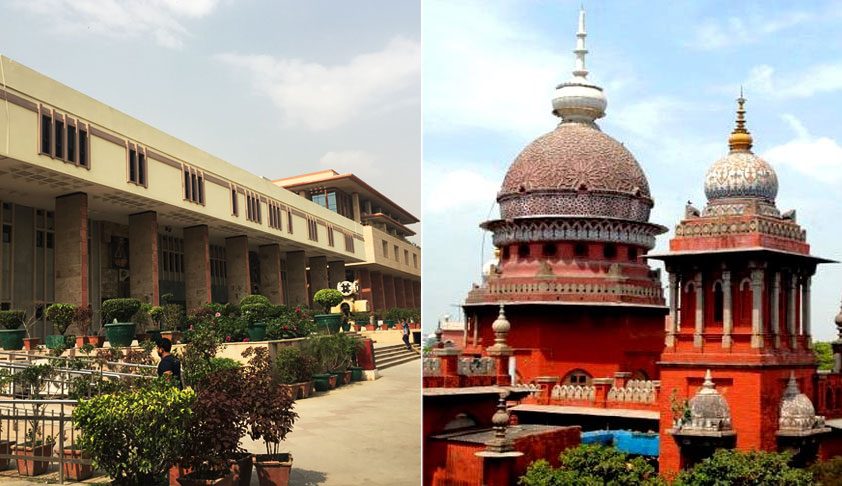Aadhaar Card Can Be Considered As Proof Of Age: Delhi HC , Disagrees With Madras HC
Ashok KM
31 May 2018 8:25 PM IST

Next Story
31 May 2018 8:25 PM IST
Proof of Age: The Rule does not require, either expressly or by necessary implication, that the date of birth of the person should figure on the body of the said document, the bench observed.The Delhi High Court has held that Aadhaar card can be considered as a proof of age for the purpose of Rule 7 of the Juvenile Justice (JJ) Rules.A bench of Justice SP Garg and Justice C Hari Shankar...
